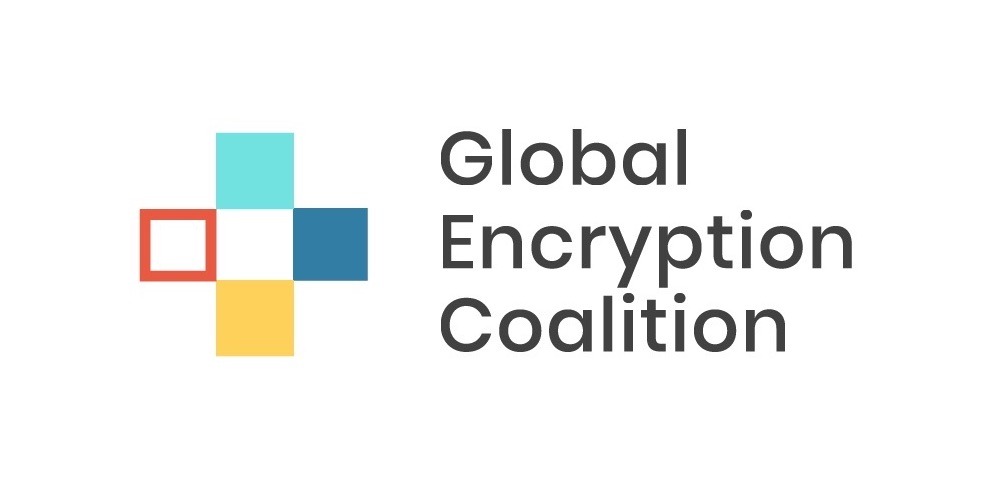Author Archives: Natalie Campbell
Author Archives: Natalie Campbell

Natalie Campbell, Director of Public Advocacy at the Internet Society and a mother of two, warns against banning or weakening of encryption for the safety of children online.
Governments and law enforcement agencies are trying to ban or weaken a critical tool for keeping our children safe online. As parents, we must speak up for our kids.
Children who are fortunate enough to have Internet access are online more than ever, and many are increasingly doing learning online. But these spaces are attractive targets for criminals, and parents and schools often lack resources to guide kids on how to stay safe as they learn, socialize, and discover the world online.
Luckily, encryption has our back. Whether it’s sending a confidential message to a friend, videoconferencing with grandparents, or submitting an assignment to a teacher, platforms and services that use end-to-end encryption can help keep our children safe by keeping the line of communication private between the sender and receiver.
Despite this, some governments, law enforcement agencies, and even some child protection agencies are trying take away the strongest digital tool we have as parents to keep children safe online. The United Kingdom, Germany, the European Commission, and the Continue reading

Today, more than 30 civil society organizations joined in launching the Global Encryption Coalition, to promote and defend encryption in key countries and multilateral gatherings where it is under threat. The new coalition is led by a Steering Committee consisting of the Center for Democracy & Technology (CDT), the Internet Society, and Global Partners Digital.
“The spread of COVID-19 has underlined the necessity of secure, private internet communications. Those who are fortunate enough to have strong internet connections are likely sharing increasing amounts of sensitive data online. At the same time, governments around the world are considering policies that put the security of that data at risk,” said Greg Nojeim, CDT’s Senior Counsel and Director of the Freedom, Security and Technology Project. “Encryption enables people to have private and secure digital lives.”
Working together with a membership that will quickly grow to include companies and technologists, CDT and the Coalition will help activists on the ground in key countries where it is under threat, like Canada, Australia, India, and Brazil, beat back proposals that would weaken encryption. “The Coalition will alert technologists to encryption threats around the world, and create mechanisms through which they can deliver expert analysis Continue reading

In the midst of a global pandemic, Internet security can be a matter of life and death.
Think of how critical the Internet has been to address the COVID-19 public health crisis. It has allowed half the world fortunate enough to have access to stay on top of critical public health updates and stay in touch with loved ones at a safe distance. Some can even continue activities like distance education, work from home, and access vital telehealth services.
But what if it weren’t safe to do these things? Would the world be as willing to follow social isolation measures?
Encryption keeps billions of people and countries secure online every day. It protects the integrity of news online, keeps your banking information out of the hands of criminals, and allows communications over messaging and videoconference platforms to stay confidential.
That’s a good thing. With people spending more time online than ever, cyber criminals are targeting the increasing amount of private data and commercially or government sensitive information traveling across the Internet. We’ve already seen proof in the corresponding rise in criminal activity over the last few months. The United States Federal Bureau of investigation, for instance, said cybercrime reports Continue reading